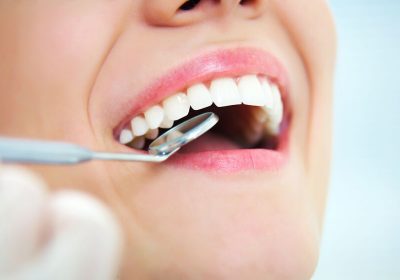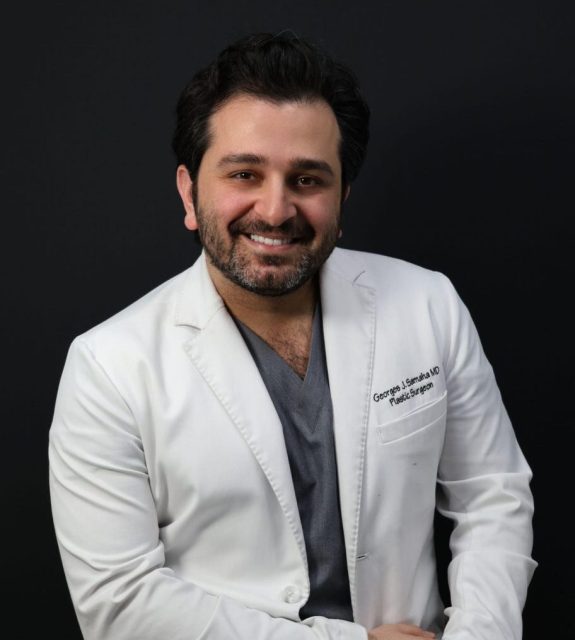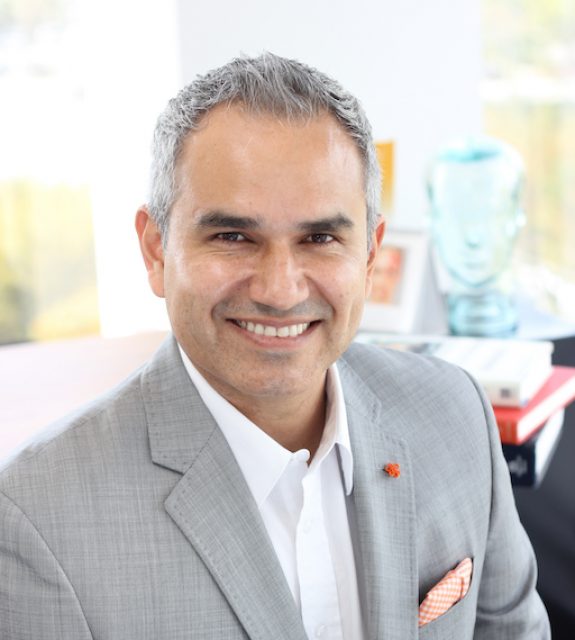You might be excited about the results, but have you considered the proper steps necessary to ensure a safe and healthy recovery after weight loss surgery? Dr. Armando Soto of Aesthetic Enhancements Plastic Surgery discussed with Haute Beauty all the necessary steps to take after weight loss surgery to ensure you look and feel your best in your recovery.

Haute Beauty: What is the recovery process like?
Dr. Armando Soto: The recovery experienced by patients after procedures performed for post weight-loss body contouring will depend on multiple variables, including:
-The details of the procedure performed
-The individual patient’s tolerance to discomfort
-Whether or not other procedures were performed concurrently, and the nature of those procedures.
The most common procedures performed for patients seeking improvement in their body contour after a larger weight loss are Abdominoplasty (tummy tuck) and Lower Body Lift, and they have a very similar recovery. In general terms (talk to your surgeon for information more specific to you), with either of these procedures, you will need to take prescription pain medicine for between 3 and 6 days. You will need assistance from a loved one for about one week, after which you will remain sore and limited in your activity, but will find yourself more independent. Garments are likely to be recommended for 4-6 weeks after your surgery.
HB: How does one adjust to normal eating habits again after the surgery?
AS: In my practice, we allow our patients to return to a normal diet as soon as they wake up from surgery. We do recommend that they abstain from alcohol and caffeine for some time after surgery, as both can be dehydrating.
HB: Are there any post-procedure risks patients should be aware of?
AS: A comprehensive discussion of risks should always occur between the patient and the provider, in order to provide the appropriate context and emphasis. Generally speaking, the risks of any procedure will also apply to plastic surgery. The most significant of these would be a blood clot- and, as these can be deadly, it is important that patients and their surgeons have a solid and well-reasoned plan for their prevention. Other risks particular to plastic surgery would include the risk of failing to achieve the patient’s goals despite the best efforts of the surgeon. It is important to realize that even the very best surgeons will occasionally be confronted by limitations in what can be achieved. As a patient, it is also critical to understand that the nature, frequency, and severity of many of the risks of surgery are affected significantly by your behavior and how well you follow your surgeon’s instructions. All good health care is dependent on a healthy and appropriate doctor-patient relationship.
HB: How soon can one work out after the surgery?
AS: Depending on how I feel my patient is doing when I see them for follow up, I may allow some light activity (walking in the neighborhood) after a few weeks, but heavy exertion or muscular activity is generally not allowed for 6 weeks.
HB: Is there anything else we should know about this procedure?
AS: More than any other procedure, except perhaps Mommy Makeover, these procedures can be truly transformative to a patient’s life.
























